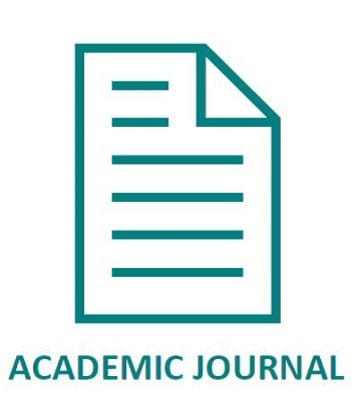How social capital influences community support for alternative water sources
Abstract
Ensuring future water security requires broad community support for changes in policy, practice, and technology, such as those involved in delivering alternative water schemes. Building community support for alternative water sources may involve a suite of engagement activities, ranging from information campaigns, through to grassroots and participatory approaches. There is increasing recognition that ‘social capital’—the degree of social connectedness, trust, and shared values within a community—is important for building support for pro-environmental policies. However, little research has examined how social capital might influence support for alternative water schemes. We surveyed a representative sample of Australian adults (n = 5194). Support for alternative water sources was examined using a series of questions focusing on stormwater harvesting, desalination, and recycled water. Involvement in community organisations (defined as participation or membership) was used as an indicator of social capital. Using a series of mediation analyses, we identified that community involvement is associated with support for alternative water sources, and that this effect is mediated by (i) stronger water-related social norms, (ii) greater water-related knowledge, and (iii) increased recall of water-related information. Our results also suggest that these indirect effects can be conditional upon location, employment status, life satisfaction, and language spoken within the home. These findings highlight the importance of social capital in building engagement in water-related issues, and specifically, building support for alternative water sources. In addition they highlight potential pathways for the association between social capital and support for alternative water sources for different social groups and communities.
Note: Journal articles and conference papers (and links where available) are available under open access arrangements where possible. Otherwise please contact your institution’s library, the authors, or publishers to organise full access.
